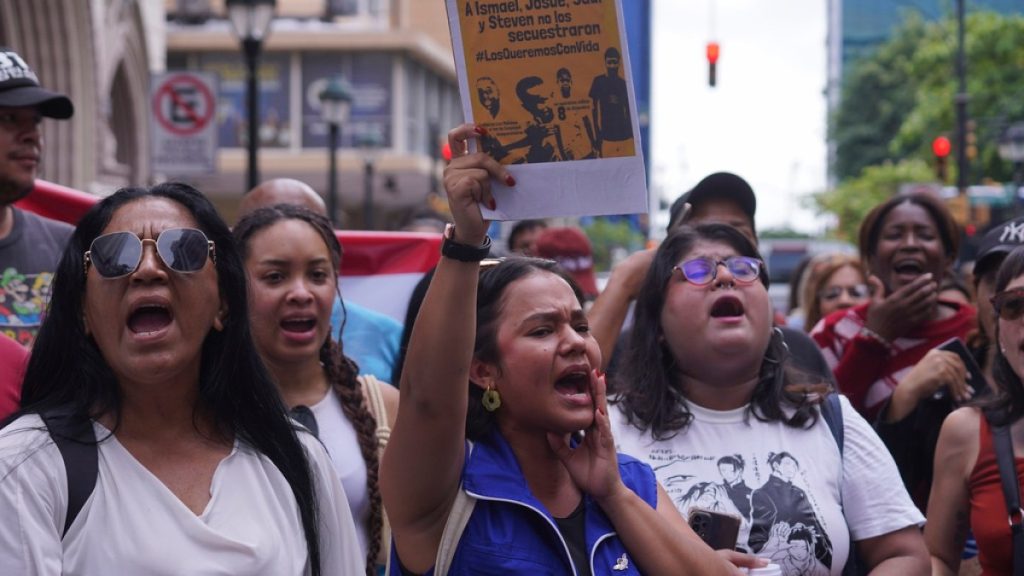The Vanishing of the "Malvinas Four": A Tragedy Unfolding in Ecuador
The disappearance and subsequent discovery of the charred remains of four boys in Ecuador has ignited a firestorm of grief, outrage, and scrutiny directed at the nation’s military. The case, now known as the "Caso Malvinas" or "Malvinas Case", began on December 8th when the four youths, aged 11 to 15, ventured out to play football in the coastal city of Guayaquil and never returned. Surveillance footage captured a chilling scene: two of the boys being led away by soldiers in a pick-up truck. This image, coupled with the eventual confirmation that the charred remains found in Taura were indeed those of the missing boys, has fueled accusations of military involvement and sparked widespread protests demanding justice.
The initial response to the boys’ disappearance was met with public frustration. While authorities possessed the incriminating surveillance footage within a day of the suspected abduction, a formal investigation into the military’s role was inexplicably delayed for 15 days. This inaction only amplified the families’ anguish and fueled public suspicion. It was only after relentless pressure from the families, utilizing social media and press outlets, that a probe into the military’s alleged involvement finally commenced. Sixteen military personnel were subsequently arrested in connection with the case, a development that provided a glimmer of hope for the grieving families.
Adding to the complexity of the case is the backdrop of escalating gang-related violence in Ecuador. President Daniel Noboa has responded with a firm hand, declaring states of emergency and designating numerous criminal groups as "terrorist" organizations. These measures have granted expanded powers to security forces, including the military’s increased involvement in policing. While intended to curb the rising tide of violence, these actions have also raised concerns about potential human rights abuses. Critics argue that such expansive powers, coupled with a climate of fear and urgency, create a fertile ground for misconduct and impunity.
The judicial system has responded to public pressure with decisive action. Judge Dennis Ugalde Alvarez ordered the 16 arrested military members to be held in pre-trial detention, denying their release while the investigation progresses. This decision, a small victory for the families and protesters, underscores the gravity of the allegations and the court’s commitment to pursuing justice. However, the families remain resolute in their demand for full accountability and transparency, emphasizing their desire for the accused to face the full weight of the law within the civilian justice system, not within the confines of a military base.
The "Malvinas Case" has become a focal point for broader concerns about state power and human rights. While the government struggles to contain escalating violence, the boys’ disappearance serves as a stark reminder of the potential for abuse when security forces operate with unchecked authority. The protests that have erupted in Quito and Guayaquil reflect not just grief and anger over the loss of these four young lives, but also a deeper anxiety about the erosion of trust in state institutions. The demand for justice in this case transcends the immediate tragedy, encompassing a call for greater accountability and respect for human rights within the context of Ecuador’s fight against crime.
As the investigation unfolds, the "Malvinas Case" continues to grip the nation. The families’ unwavering pursuit of justice, the public’s demand for accountability, and the ongoing legal proceedings will determine not only the fate of the accused military personnel but also the future of Ecuador’s approach to security and human rights. The case serves as a cautionary tale about the delicate balance between national security and individual freedoms, reminding us that the fight against crime should never come at the cost of fundamental human rights and the rule of law. The eyes of the nation are now fixed on the justice system, awaiting a resolution that will hopefully bring closure to the grieving families and provide a measure of reassurance to a nation grappling with complex challenges.

